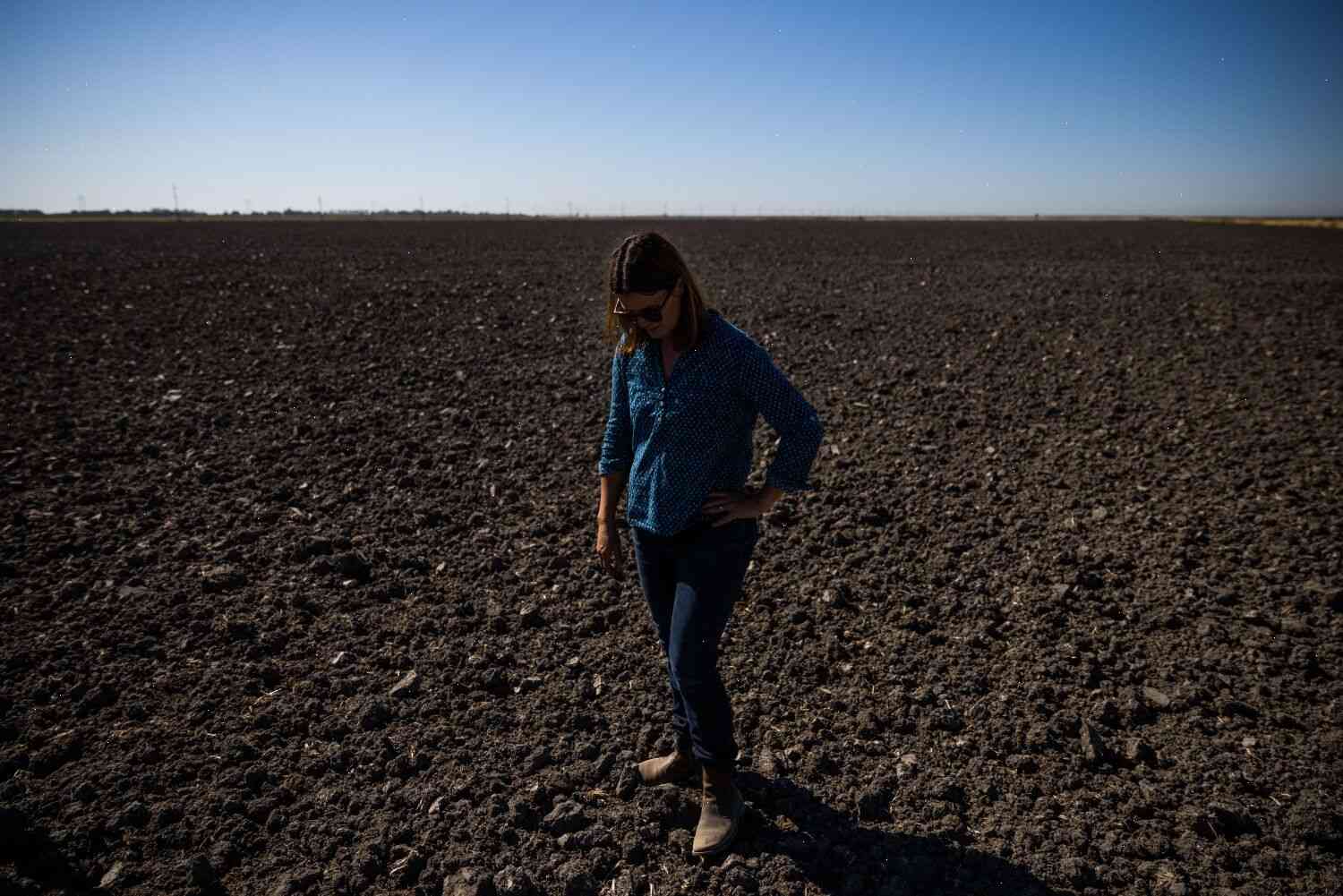‘It’s a disaster.’ Drought dramatically shrinking California farmland, costing $1.7 billion a year.
California is losing roughly 50 percent of its farmland to drought, and farmers are going broke trying to keep their fields water-fed, according to new data from the University of California’s Institute for Agriculture and Development.
The numbers from the California Department of Food and Agriculture are stunning. The agency’s state agriculture director told reporters Friday that at least $1.7 billion a year would be lost this fiscal year if the drought continues, the Sacramento Bee reported.
“This year it’s going to be $1.7 billion dollars. In five years, it’s going to be $14 billion,” said Bill Northey, the state agriculture department’s director.
A third of the state’s crops are in trouble. According to the Bee’s analysis of federal government data, at current levels of irrigation, the state is expected to lose $1.3 billion a year to drought by 2018.
That’s $300 million more than the state currently gets in agricultural aid from the federal government.
“We can’t afford $1.7 billion in crop losses. We can’t afford to lose $14 billion in crop losses,” Northey said. “We need some help. It’s a disaster.”
The state agriculture department released new data Thursday revealing that California’s average cost to produce a bushel of corn is $3,053.
The latest economic data show that California has lost about 2,700 farms in the past year, or roughly 30 percent of farms in the state.
“Farms, if they stay here in California, they have to move to the right conditions in the soil and the right conditions in the water,” Northey said. “And we can help them with that.”
Aerial video from the University of California’s Institute for Agriculture and Development show the devastating impact of California’s drought. (Sung Lee/University of California)
The drought has been affecting farmers for a year, but the data the state released Thursday shows that the crisis is deepening as the summer goes on.
The state agriculture department said it

